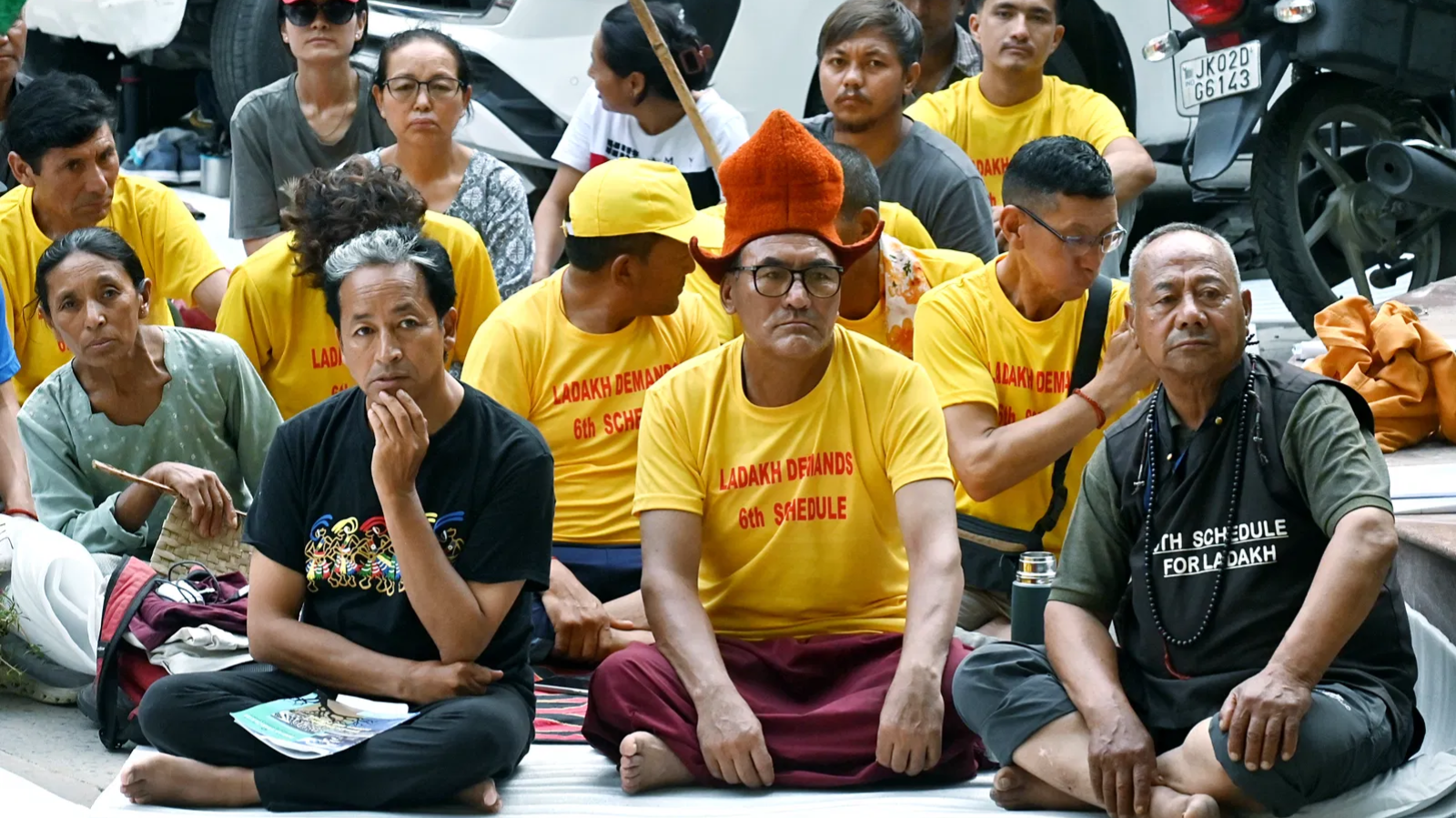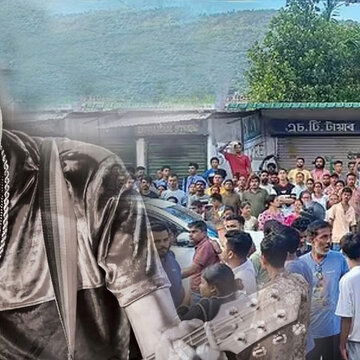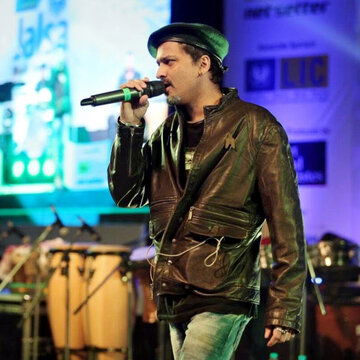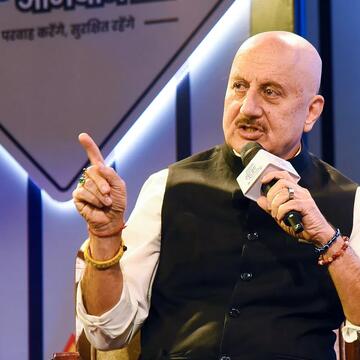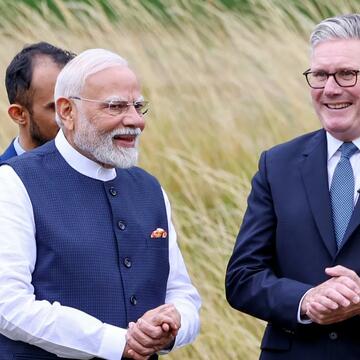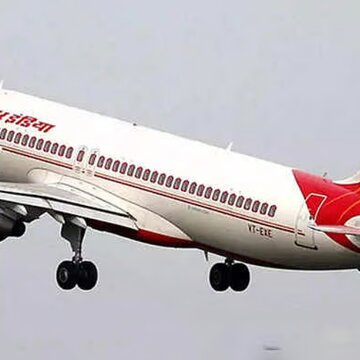Climate activist and engineer Sonam Wangchuk was taken into custody by Leh police on 26 September under the National Security Act, days after protestors demanding statehood and Sixth Schedule inclusion turned violent. The unrest has left four dead as of now, and in addition to this, there are over 90 injured, with mobs even targeting a BJP local office and clashing with the security forces. Wangchuk, known for ice stupas and solar-powered schools, had been fasting for 15 days to press his demands.
Arrest sparks controversy and legal scrutiny
The Ministry of Home Affairs accused Wangchuk of delivering “provocative speeches” that incited the crowd, citing references to the Arab Spring and Nepal’s Gen Z protests. Authorities also revoked the FCRA licence of his NGO, SECMOL, alleging misuse of foreign funds. While any kind of wrongdoing or illegitimate financial transactions has been denied by Wangchuk. Supporters are seeing his arrest as a suppression of dissent, with curfews, internet shutdowns, and bans on gatherings intensifying public outrage.
Netizens' Reaction
An X user posted, "Sonam Wangchuk arrested on Friday, courts closed for the next two days, internet shut down in Leh Ladakh. Few liberals are alleging the BJP is doing all this just to sell mountains to Adani", reflecting the online storm where #JusticeForLadakh trends.
Human cost and regional implications
These protests of violent nature, right now highlight the frustrations of Ladakh’s youth over unemployment, ecological threats, and unfulfilled promises of autonomy. Families are mourning for the lives that have been lost, and the community fears further escalation, especially when over 60 people have been injured already. Wangchuk’s initiatives, from educating dropout girls to climate innovations, remain a fortified reflection of local resilience, but the unrest exposes fragile governance in the border region.
A fragile frontier’s test
Ladakh has been tackling issues such as identity and economic pressures post-Article 370, and to top it all over, faces an immensely tense standoff. Wangchuk’s detention may temporarily quash the ongoing unrest, but it borders on deepening divisions. As curfews end and courts reopen, people hope for the change in dialogue as well as healing and stability in the region.


